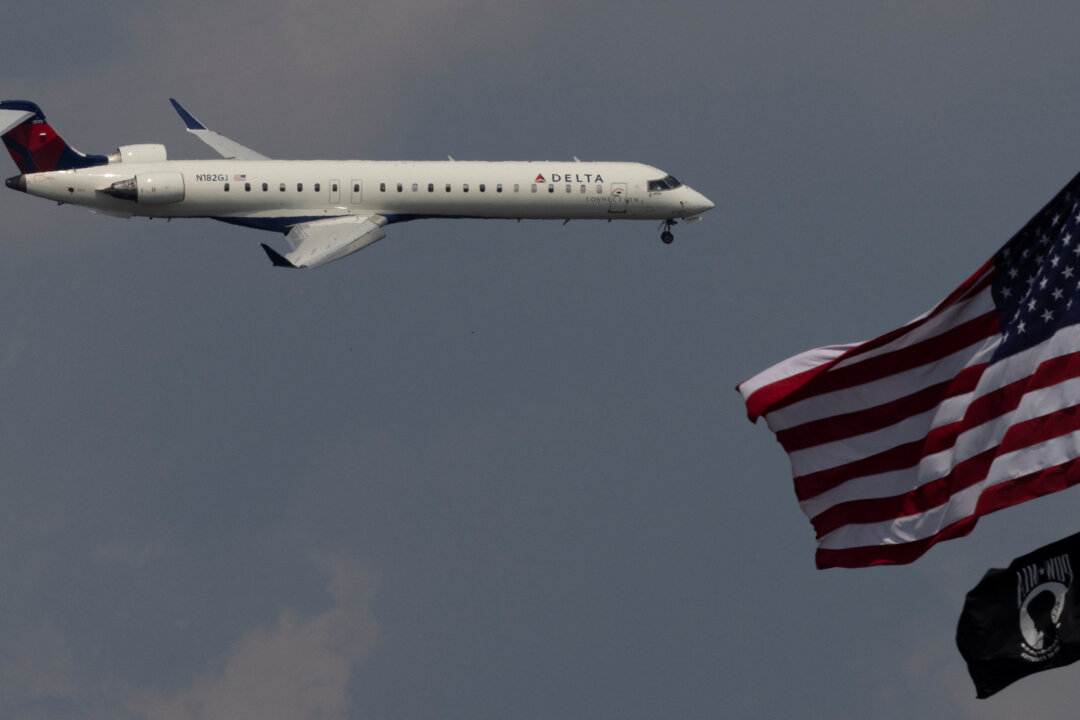The U.S. government has ordered Delta Air Lines and Aeromexico to dissolve their joint venture by January 1, 2024. This decision, announced by the U.S. Transportation Department on December 18, 2023, mandates that the two carriers must cease their collaboration, which has enabled them to coordinate flight schedules, pricing, and capacity for U.S.-Mexico routes.
The joint venture, established nearly nine years ago, came under scrutiny when the Biden administration highlighted concerns regarding its impact on competition. The Transportation Department indicated that the ongoing partnership has resulted in “anticompetitive effects” in the U.S.-Mexico aviation markets, favoring both Delta and Aeromexico.
In a statement, the department emphasized that the termination of this joint venture is essential to ensure fair competition in the sector. The decision reflects broader actions taken by the Biden administration to address perceived inequities in international aviation, particularly in relation to Mexican carriers.
The move follows a proposal from the Transportation Department in July 2023 to end the joint venture, which had been in place since 2015. The administration’s stance suggests a commitment to fostering a competitive environment for airlines operating in and out of the United States.
In addition to the Delta-Aeromexico situation, Washington has indicated it may address similar issues with European countries regarding airport access limitations. This broader strategy aims to ensure that American carriers operate on a level playing field in international markets.
This development marks a significant shift in U.S. aviation policy, particularly as it pertains to international partnerships. As the deadline approaches, both airlines will need to navigate the complexities of unwinding their collaborative efforts while maintaining service levels for their customers.
The implications of this decision will likely resonate throughout the aviation industry, as airlines reassess their strategies and partnerships in response to changing regulatory landscapes.
